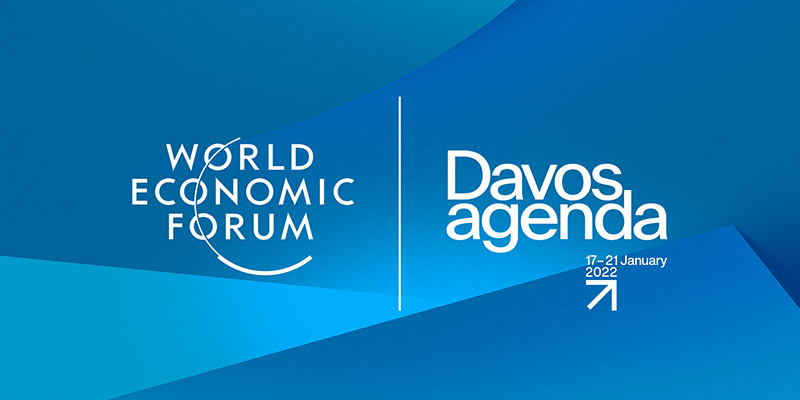- World
- Jan 18
Explainer / World Economic Forum
In his special address to the World Economic Forum’s online Davos Agenda 2022 summit, Prime Minister Narendra Modi underlined a host of reform measures undertaken by his government to stress that it has worked to reduce the administration’s interference in business by deregulating many sectors and to clear the way for free trade agreements with different countries.
What is the World Economic Forum (WEF)?
• The World Economic Forum is the international organisation for public-private cooperation. It engages the foremost political, business, cultural and other leaders of society to shape global, regional and industry agendas.
• It was established in 1971 as a not-for-profit foundation and is headquartered in Geneva, Switzerland.
• It is independent, impartial and not tied to any special interests.
• The Forum strives in all its efforts to demonstrate entrepreneurship in the global public interest while upholding the highest standards of governance. Moral and intellectual integrity is at the heart of everything it does.
• The Forum produces over 150 reports each year on topics ranging from competitiveness to gender equality.
The flagship publications include:
• The Global Competitiveness Report
• The Gender Gap Report
• The Global Risks Report
• The Global Information Technology Report
• The Financial Development Report
• The Global Enabling Trade Report
• Social Mobility Index
• Energy Transition Index
• The Travel & Tourism Competitiveness Report
The World Economic Forum Annual Meeting is held every January in Davos-Klosters, Switzerland, bringing together more than 2,500 business, government and civil society leaders from over 90 countries. It remains the foremost global gathering of business leaders, offering unparalleled access and opportunity to interact with the most important political leaders, heads of NGOs and international organisations and experts from every field.
The Davos Agenda 2022 is the focal point at the start of the year for leaders to share their outlook, insights and plans relating to the most urgent global issues. The meeting will provide a platform to accelerate the partnerships needed to tackle shared challenges and shape a more sustainable and inclusive future.
Key points highlighted by PM Modi:
• India is today the world’s third largest pharma producer and pharmacy to the world.
• While India is home to 17 per cent of the world’s population, it contributes only 5 per cent of global emissions.
• India, which co-launched the International Solar Alliance at COP26 to ensure universal access to affordable solar energy, today generates 40 per cent of its energy from non-fossil sources.
• India is an entrepreneurial powerhouse that has created 10,000 new startups in the past six months and over 40 unicorns in 2021.
• Its digital infrastructure is developing rapidly, with over 4.4 billion transactions taking place on its United Payments Interface (UPI) in the past month alone.
• Over the period 2020-2021, India attracted $82 billion in foreign direct investment – a new record.
• In a bid to improve the ease of doing business, the government took measures to reduce government intervention to the minimum. The government has done away with over 25,000 tax compliances in the past year and deregulated most sectors for investment, except for defence, aerospace and telecoms.
• The government is investing $1.3 trillion on connectivity-related infrastructure through its GatiShakti National Master Plan, which includes connecting over 6,000 villages through optical fibre.
Manorama Yearbook app is now available on Google Play Store and iOS App Store

